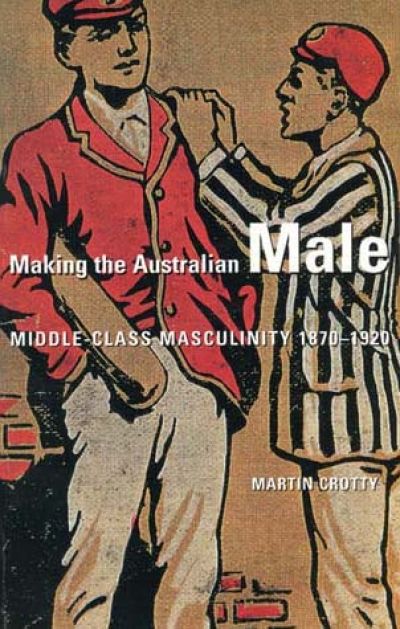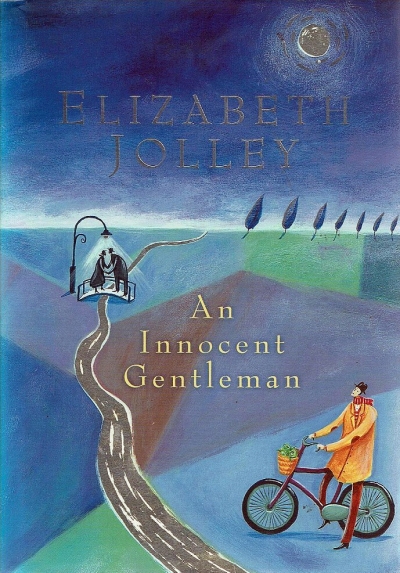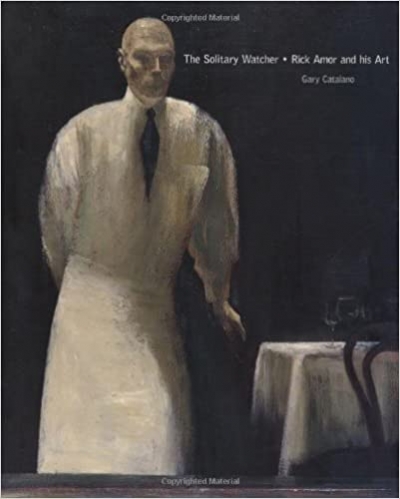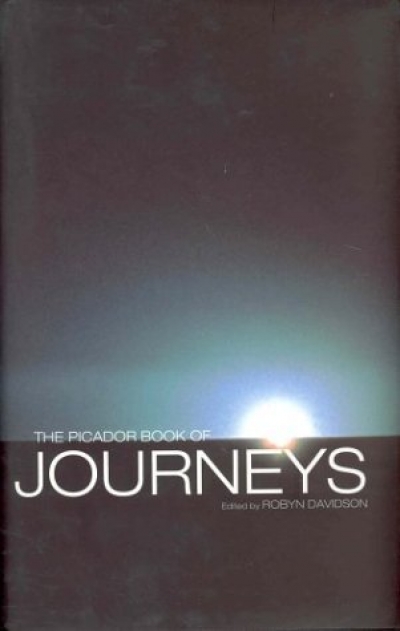Accessibility Tools
- Content scaling 100%
- Font size 100%
- Line height 100%
- Letter spacing 100%
Archive
The ABR Podcast
Released every Thursday, the ABR podcast features our finest reviews, poetry, fiction, interviews, and commentary.
Subscribe via iTunes, Stitcher, Google, or Spotify, or search for ‘The ABR Podcast’ on your favourite podcast app.
‘Where is Nancy?’ Paradoxes in the pursuit of freedom
by Marilyn Lake
This week on The ABR Podcast, Marilyn Lake reviews The Art of Power: My story as America’s first woman Speaker of the House by Nancy Pelosi. The Art of Power, explains Lake, tells how Pelosi, ‘a mother of five and a housewife from California’, became the first woman Speaker of the United States House of Representatives. Marilyn Lake is a Professorial Fellow at the University of Melbourne. Listen to Marilyn Lake’s ‘Where is Nancy?’ Paradoxes in the pursuit of freedom’, published in the November issue of ABR.
Recent episodes:
Making the Australian Male: Middle-class masculinity 1870–1920 by Martin Crotty
Songs without Music: Aesthetic dimensions of law and justice by Desmond Manderson
The Singing Elms: The autobiography of Lauris Elms by Lauris Elms
My first thought on seeing the title was that Delaware Carpenter, the loveable ‘Professor’ in An Accommodating Spouse (1999) had made a comeback. While An Accommodating Spouse had a predominantly humorous tone, this new novel is serious. On one level, An Innocent Gentleman is a Bildungsroman for a married couple in which both need to be shaken out of their arrested development. All the usual ingredients are there: a father–son and mother–daughter conflict, an avuncular friend, an epiphanous journey from the provinces to a great city, a clash of cultures, illicit sex, the discovery of a Lebenslüge against the backdrop of World War II (the result of England’s Lebenslüge) and optimistic closure as a relationship is redefined. On another level, the novel continues to explore a familiar Jolleyesque motif: the Oedipal father–daughter and daughter–mother relationships, illustrated by the Persephone and Electra conflicts, respectively. In Jolley’s novel Foxybaby (1985), Miss Peycroft advises the novelist Miss Porch: ‘and for heaven’s sake don’t lose sight of the Oedipus and Electra complexes.’ Well, Jolley never did. They are thematic concerns in Miss Peabody’s Inheritance (1983), where the middle-aged Mr Frome marries the big-breasted Gwenda who is all of sixteen; in The Sugar Mother (1988), where Leila, another voluptuous teenager, is sold by her mother to the elderly and childless professor Edwin as a surrogate mother; and, most importantly, in My Father’s Moon (1989), which constructs a most complex Oedipal scenario that has the central character, Vera, seduce her (surrogate) father and betray her mother. In this new novel, however, those two complexes exist outside the narrative and refer to Jolley’s own troubled relationship with her mother and father.
... (read more)The Solitary Watcher: Rick Amor and his art by Gary Catalano
Ten days in Australia in July brought a remarkable round of studio visits plus an exhibition of new Australian painting, Phenomena, at the Art Gallery of New South Wales. Painting has had a hard time of it lately. Michael Wardell, curator of Phenomena, goes further: ‘throughout the twentieth century, painting has been under threat,’ claims the slightly melodramatic opening sentence of his otherwise modest and useful catalogue. The claim became even more of a reach at the AGNSW where, on the floor below Phenomena, you could see the pictures from the Orangerie with superb Cézannes, Picassos, Soutines and Rousseaus. None of them looked particularly threatened to me.
... (read more)‘A pox on the GST!’ wrote one of our many new readers last month when filling in her subscription form. ABR has long been famous for its feisty correspondence (never more so than last month). This editor is not about to disagree with our new subscriber. The imposition of GST on books and magazines surely rates as one of the crasser political acts in recent years. Anyone unsure of its effect on literature in this country should ask booksellers and publishers what sort of a year they had in 2000. Readers weren’t unscathed, either.
... (read more)







